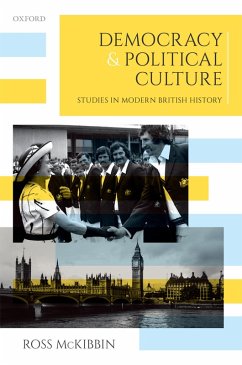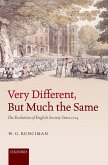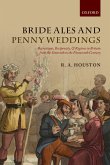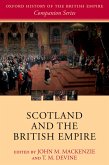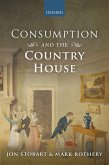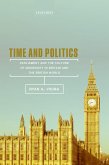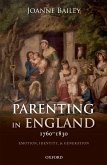Democracy and Political Culture: Studies in Modern British History attempts to give a total picture of the political-social culture of Great Britain in the twentieth century. To do so it chooses a number of particular subjects which nonetheless stand for this culture as a whole, and which together allow us to reach a number general conclusions about modern British history. In this sense it is a successor to McKibbin's previous collection of essays, The Ideologies of Class (1991), while it also takes up a number of the themes of his Classes and Cultures (1998). Above all, it is a study of British democracy and asks the questions: what does it mean to describe Britain as a democratic society and how might we measure it against other comparable societies? To do so, McKibbin has chosen not only more 'global' subjects - Britain's social structure and the sources of political authority; the social and political effects of the first world war; Britain's electoral and party system; its literary culture; its sporting culture, and the relation of that culture to the rest of the world, as well as to Britain itself; and a comparison of Britain's political culture with one of the closest comparable societies, Australia, and what that tells us about Britain - but also individual studies of three men, very prominent in British life, who, in different ways, both contributed to Britain's political culture and were also students of it: J.M. Keynes, an economist, Harold Nicolson, a politician and writer, and A.J. Cronin, a novelist. All three represented British political culture in its broadest spectrum.
Dieser Download kann aus rechtlichen Gründen nur mit Rechnungsadresse in A, B, BG, CY, CZ, D, DK, EW, E, FIN, F, GR, HR, H, IRL, I, LT, L, LR, M, NL, PL, P, R, S, SLO, SK ausgeliefert werden.

